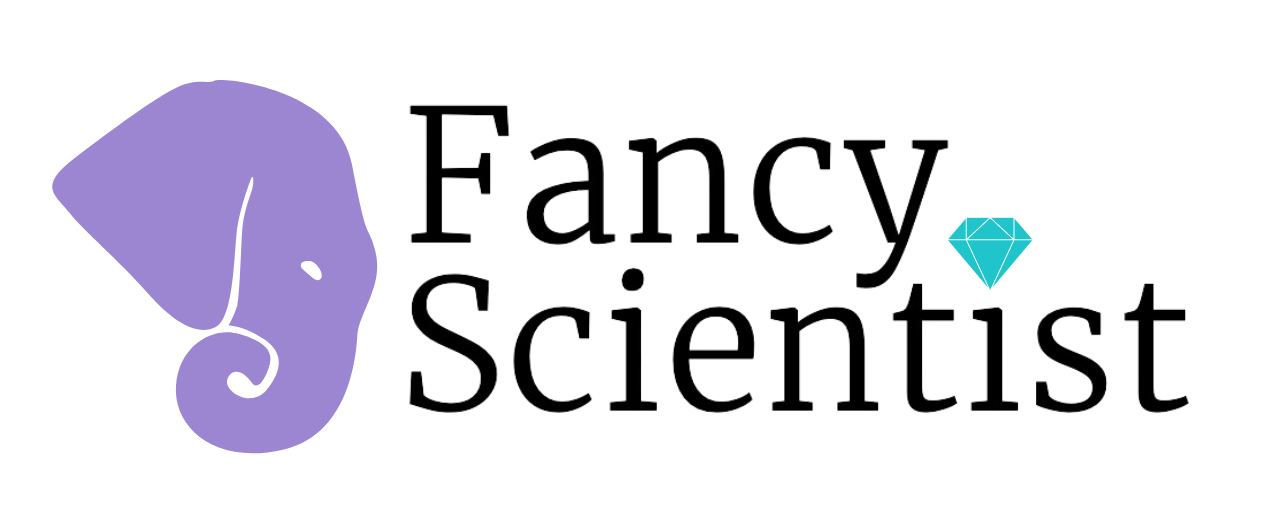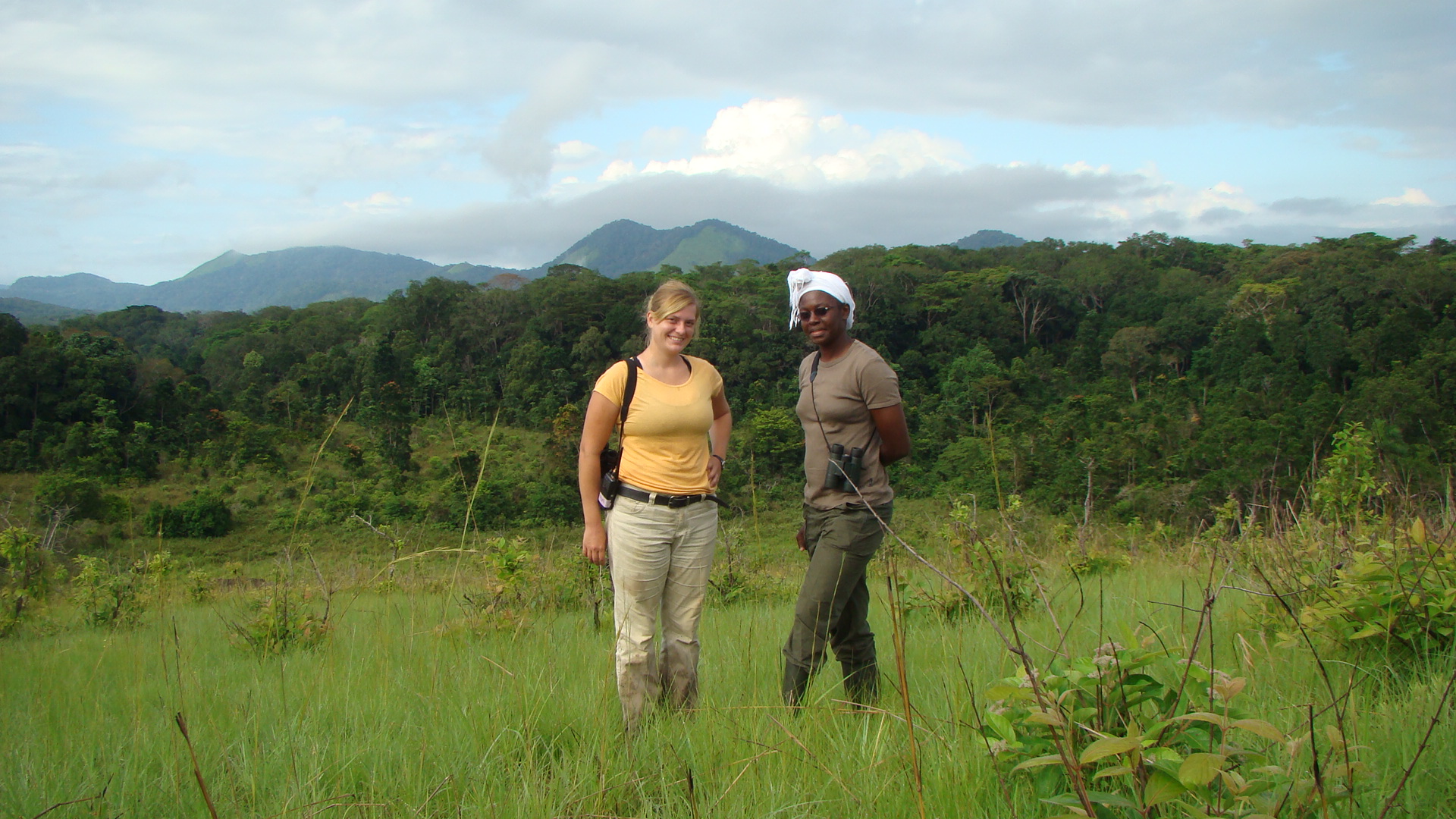(Original Title: Why I’m Writing a Book on Careers in Wildlife Biology)
*This post contains affiliate links. As an Amazon Associate, I earn from qualifying purchases. If you use one of my links, I get a commission at no additional cost to you! Read my Affiliate Links Disclaimer for more information.
My motivation for writing this book on careers in wildlife biology for you is altruism. I’ve been on the job market since 2012 when I graduated with my Ph.D. and I have been in shock with how difficult it has been to land a permanent position. I knew jobs in academia were ultra-competitive, but it was never my intention to go into academia, and thought I would be safe seeking out a position in conservation. I was wrong.
One of my biggest fears in graduate school was that I was making the wrong choices and that I would be pigeon-holed later in my career by those choices. I was told over and over again that I was not, that simply having a Ph.D. was an incredibly marketable product that would serve as an asset to me. As long as I could explain how the skills that I learned in my Ph.D. could apply to those in the position I was seeking, that I would be fine. This has not been my experience.
When I first graduated, I applied to dozens of jobs all over the country and I focused on permanent positions. Postdocs are temporary positions and if I took one, I would have to search for a job again in another few years. I really did not want a postdoc because I wanted to move and stay in that one area for a long time, and again I had no plans to go into academia. Since I was 20, I lived in three states and even another country and wanted to settle down.
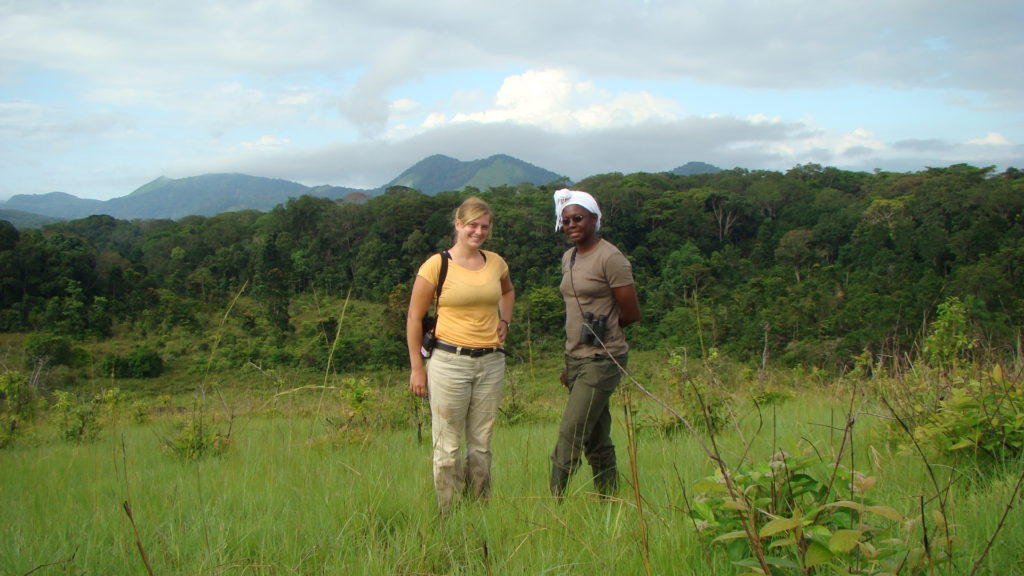
I began my job applications with the utmost confidence. Since my early 20s, I’ve read a multitude of Monster.com articles on how to apply for jobs and get interviews. I tailored each of my applications to each organization and highlighted how my skills could help them achieve the goals they wanted. Women tend to sell themselves short, so I applied for jobs where I didn’t meet 100% of the requirements (more like 70%), which is what men tend to do, and in many cases, they can land the position. In the areas that I lacked, I wrote passionately about how I was a fast learner, motivated to learn, and excited to acquire a skill.
From these applications to permanent positions, I received zero follow-ups. I was invited to zero interviews and would only receive an email saying that they went with another candidate (if that). I started applying for postdocs despite my hesitations and here’s where I had my greatest success: three interviews from all three applications. The reason why I got these interviews? I was perfectly suited. One was on non-invasive genetics in Central Africa and for my Ph.D., I used fecal DNA to study the relationships of forest elephants in Gabon (For more on my Ph.D. research and overall career trajectory, check out “My Unexpected Journey Into Science”). One was based on endocrine research at a lab that I used to work for, and the last, the one that I got, involved implementing camera traps in K-12 classrooms. During my Ph.D., I was part of a program that worked with teachers and we did just that for a research project with the kids.
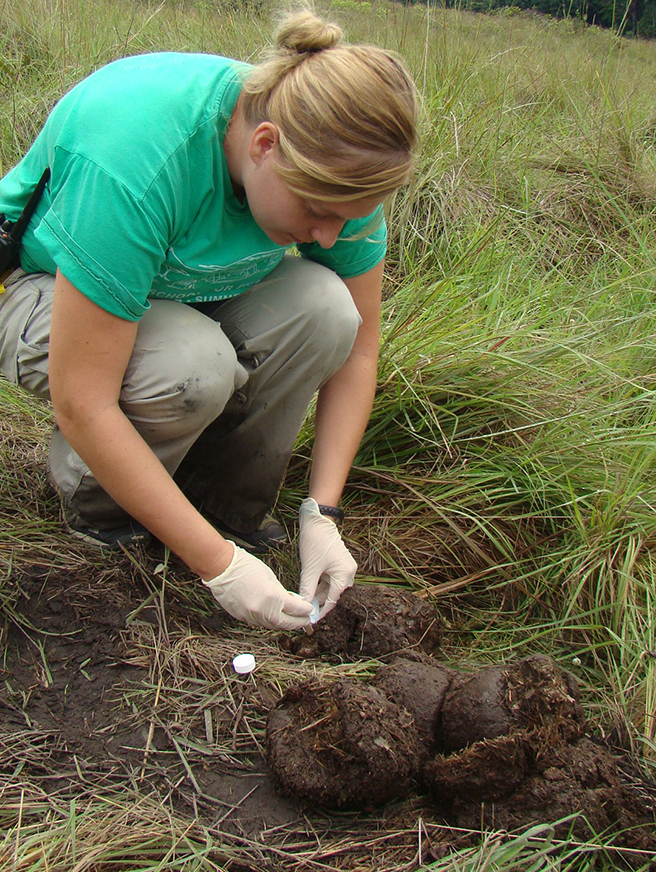
I’ve been in my postdoc for the past five years and love it, but I can’t have it forever. My struggles landing a permanent position here in Raleigh, NC have mirrored my experience early on despite developing admirable skills and having a well-connected network with reputable organizations (for more on my struggles, check out “The Long Postdoc and Seeking Comfort in Nontraditional Career Choices“). I learned my lesson from fresh out of graduate school and this time only applied for jobs where I met 90% of the criteria and in most cases 100%.
I’ve been successful at getting interviews, I’ve had five so far, but I haven’t been able to secure a permanent job. The reason? There was someone who had more experience than me or had skills in an area that I was lacking. In other words, the employers were able to pick someone exactly suited for the position. People applied who not only met 100% of the requirements, but exceeded them. For example, in one of the jobs where I was the second choice, I was competing against someone who had 10 years more experience than me. That meant 10 years more of publications and grants.
I know I am not in this alone and academia is even worse. I’ve watched applicants with million dollar National Science Foundation grants and dozens of publications get passed over for academic positions at universities. My friends in academia would apply for 50 jobs a year.
Now that I’ve been in the thick of the job market for some time now, I wish I would have made different choices in graduate school. Graduate school trained me to be in academia and now that I am looking for jobs outside of academia, I realized that there are classes or opportunities I wish I had taken when I had the chance. But I didn’t know any better.
I don’t blame my mentors, I believe they gave the best advice for what they knew. Instead, I believe the job market has changed so fast that the rules and advice that used to apply simply don’t any more, and there is much more competition. In the past, I do believe that a Ph.D. meant you could get lots of different types of positions at different institutions, and I’ve even talked to people who said they wouldn’t be competitive for the jobs that they have currently with the experience they had then if they were applying now.
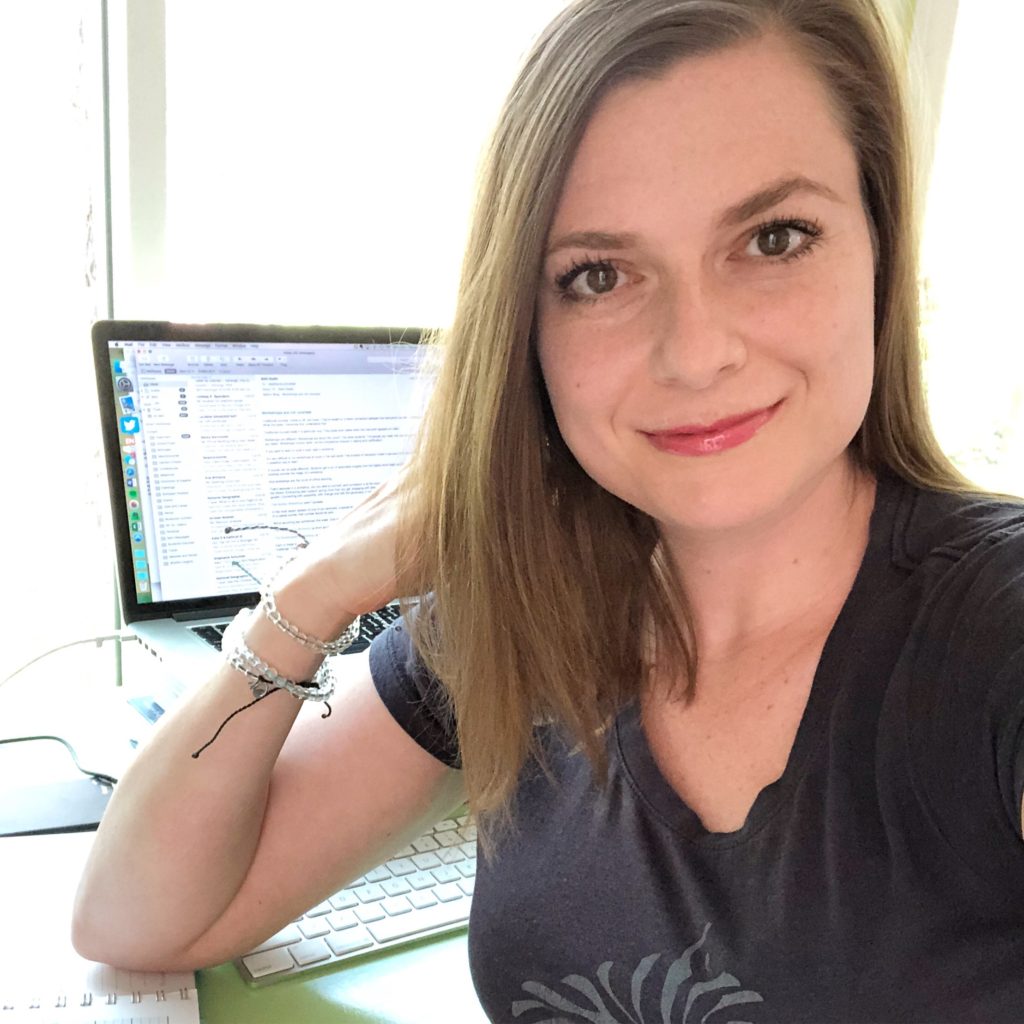
So that’s why I am writing this book. When I entered graduate school, I wish there had been such a manual. Here’s my attempt at writing one for you. This book is intended for anyone who needs help at any stage navigating this complicated field of wildlife biology. Although this book is written in the context of that field, a lot of the advice will be transferable to those in conservation biology, ecology and other life and natural sciences, and probably other sciences beyond those. It may even help those who are in other disciplines within the realm of academia.
Update
This post was written before I finished my book. It’s out now! You can download a free chapter here.
Love this post? Share it with friends!
